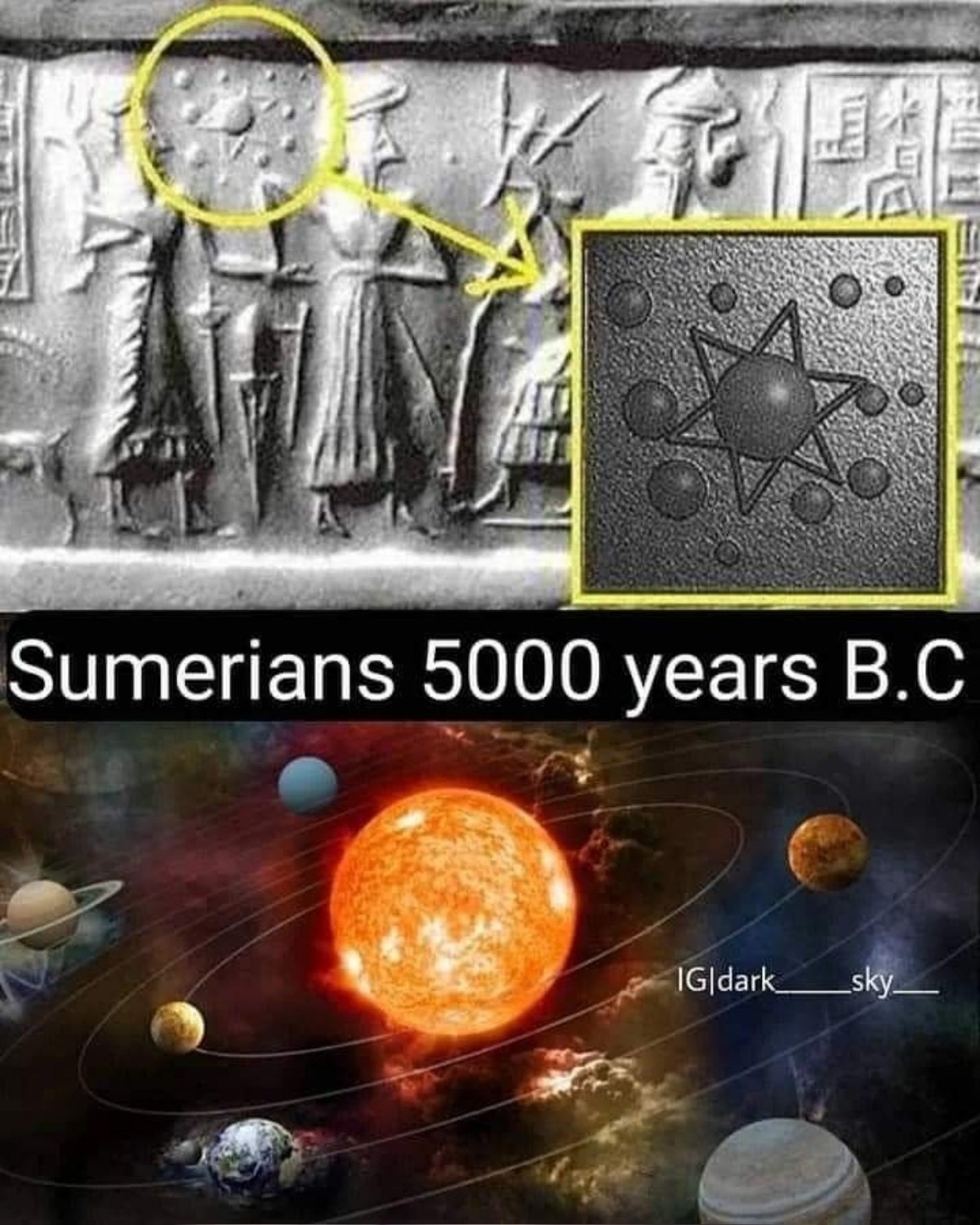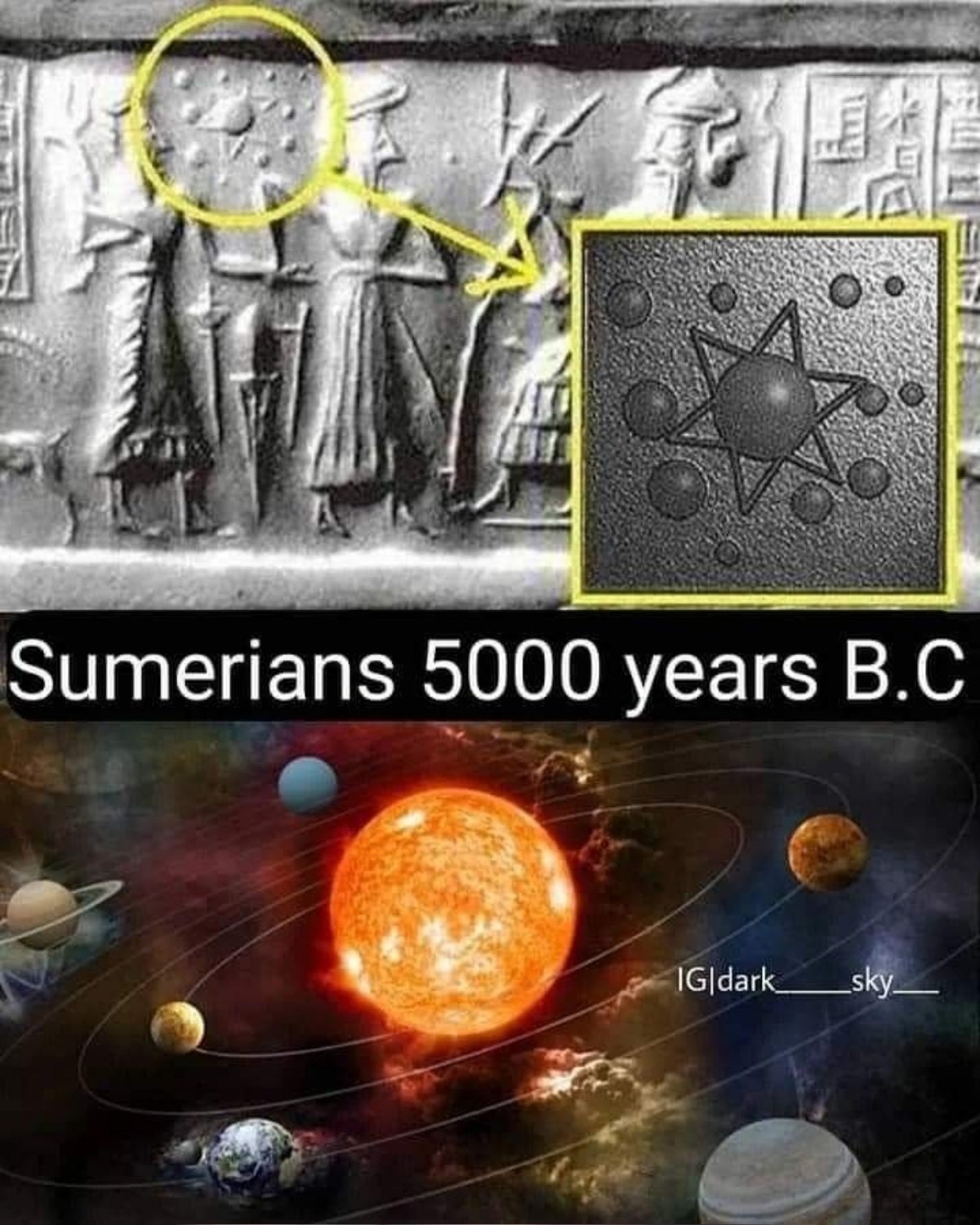In the cradle of civilization, amidst the fertile plains of Mesopotamia, the Sumerians forged a legacy that continues to resonate across millennia. From the invention of writing to the establishment of the world’s first cities, their contributions laid the foundation for human progress and innovation. Join us on a journey through 5000 years of Sumerian civilization as we unravel the mysteries of this ancient culture and explore its enduring legacy.

The Birth of Writing: Cuneiform Script At the dawn of history, the Sumerians revolutionized communication with the invention of writing. Using wedge-shaped characters known as cuneiform, they recorded their laws, literature, and administrative documents on clay tablets. This monumental achievement not only facilitated record-keeping but also paved the way for the transmission of knowledge and the preservation of cultural heritage for future generations.
The Rise of City-States: Ur, Uruk, and Eridu Central to Sumerian civilization were its city-states, bustling centers of trade, religion, and governance. Cities such as Ur, Uruk, and Eridu flourished along the banks of the Tigris and Euphrates rivers, serving as hubs of cultural exchange and innovation. The ziggurats, temple complexes dedicated to the Sumerian gods, dominated the urban landscape, embodying the spiritual and architectural achievements of the era.
The Epic of Gilgamesh: A Literary Masterpiece Among the enduring legacies of the Sumerians is the Epic of Gilgamesh, one of the world’s oldest known works of literature. This epic poem, composed over four millennia ago, recounts the adventures of the legendary king Gilgamesh and his quest for immortality. Through its rich narrative and timeless themes of friendship, mortality, and the human condition, the Epic of Gilgamesh continues to captivate readers around the world.
Advancements in Science and Mathematics The Sumerians were pioneers in the fields of science and mathematics, laying the groundwork for future discoveries and innovations. They developed a sophisticated system of mathematics, including the concept of the numerical base 60, which formed the basis of modern timekeeping and geometry. Additionally, their astronomical observations and calendar systems were instrumental in the study of celestial phenomena and the organization of time.
Legal Codes and Governance: The Code of Ur-Nammu One of the most remarkable achievements of Sumerian civilization was the establishment of legal codes and systems of governance. The Code of Ur-Nammu, dating back to the 21st century BCE, is one of the earliest known legal codes in recorded history. It prescribed laws and punishments for various offenses, ensuring social order and justice within Sumerian society.
The Enduring Influence of Sumerian Culture Despite the passage of millennia, the legacy of the Sumerians continues to exert a profound influence on modern civilization. Their contributions to writing, literature, mathematics, and governance laid the groundwork for subsequent civilizations in the ancient Near East and beyond. Moreover, their cultural and religious practices, including the worship of deities such as Inanna and Enki, left an indelible mark on the collective consciousness of humanity.
As we reflect on 5000 years of Sumerian civilization, we are reminded of the enduring power of human creativity, ingenuity, and resilience. From the invention of writing to the establishment of legal codes, the Sumerians forged a legacy that transcends time and continues to shape the course of human history. As we unravel the mysteries of this ancient culture, we gain a deeper appreciation for the complexities of the human experience and the rich tapestry of our shared heritage.




